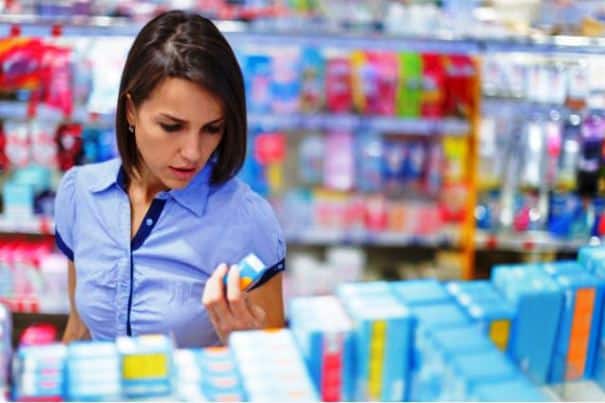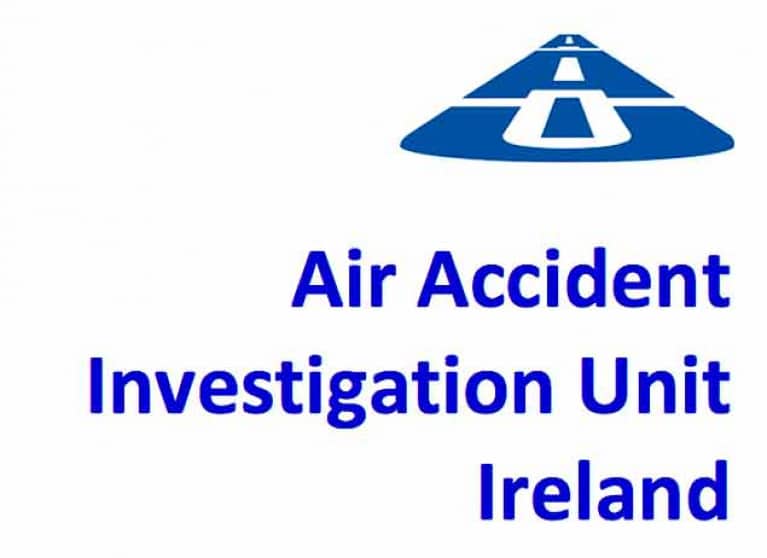Period products could become freely available in state buildings such as schools and hospitals.
It’s after a government report found thousands of women and girls across Ireland are at risk of “period poverty“.
The government report said women and girls spend an average of €121 a year on period products such as tampons and sanitary towels and pain relief.
But it found up to 85,000 women may not be able to afford this amount.
While the government will look at making period products free from state buildings, there is no timeline yet for when this could be rolled out.
The report acknowledges the potential adverse consequences of period poverty which can include exclusion from activities of daily living during menstruation and physical and mental impacts from both exclusion and the use of unsuitable period products.
Main findings of the report
- International measures to combat period poverty include zero or reduced rates of sales tax on period products in a number of jurisdictions. In the UK, free products are provided through the education system in England and Wales and recent legislation has been passed in Scotland to mandate free period products for those who need them through local authorities.
- Overall annual costs of period products per woman are estimated at €96.72. With the inclusion of pain relief, this can be estimated at a minimum of €121 per annum.
- Period poverty modules have not been included in representative population surveys to date, meaning that wider data on this subject is very limited. National data regarding consistent poverty rates would suggest that approximately 53,000 – 85,000 women and girls may be at risk of period poverty. There is significant evidence of period poverty amongst certain high-risk groups, including those experiencing homelessness and/or active addiction.
- A number of local authorities have passed motions on period poverty since 2018. Schemes to make products available have been piloted by Dublin City, Dun Laoghaire-Rathdown and South Dublin County Councils (DCC, DLR, SDCC). DCC advised in 2020 their intention to widen provision across their facilities.
- The education system already includes comprehensive educational resources on menstrual health as an integral part of various curricula.
- There are a variety of types of long-term accommodation which are State owned, managed or supported to some extent; while many such facilities already provide period products to residents on a needs-led basis, there are stigma related issues around their provision which could be addressed.
The key recommendations of the Report are as follows:
- Strengthening the Evidence Base: gathering more data through surveys, studies and focus groups to provide a comprehensive and reliable evidence base regarding the prevalence of period poverty in Ireland;
- Addressing stigma associated with periods by the provision of diverse information resources;
- Helping those clearly in need: by engaging with the most vulnerable groups, for example, the homeless, those living with active addiction, those in various forms of long-term State accommodation, and minority ethnic communities including Travellers and Roma, to ensure that they can obtain an adequate supply of period products in a stigma-free manner. This could include engaging with charities and with food banks serving vulnerable cohorts to ensure that they have an adequate supply of period products for clients.
- Continue with negotiations at EU level to give greater flexibility to Member States to allow for lower VAT rates on newer and more sustainable period products (in Ireland, tampons and sanitary towels are 0% VAT rated at present).
- Gender equity considerations and period product provision: considering the provision of products on gender equity grounds in public buildings and facilities providing State-funded services.
- Implementation, funding and evaluation: considering the development of a systems based, cross-Governmental approach and co-ordinated funding mechanisms to address period poverty in a co-ordinated way across Government and the wider public sector.








